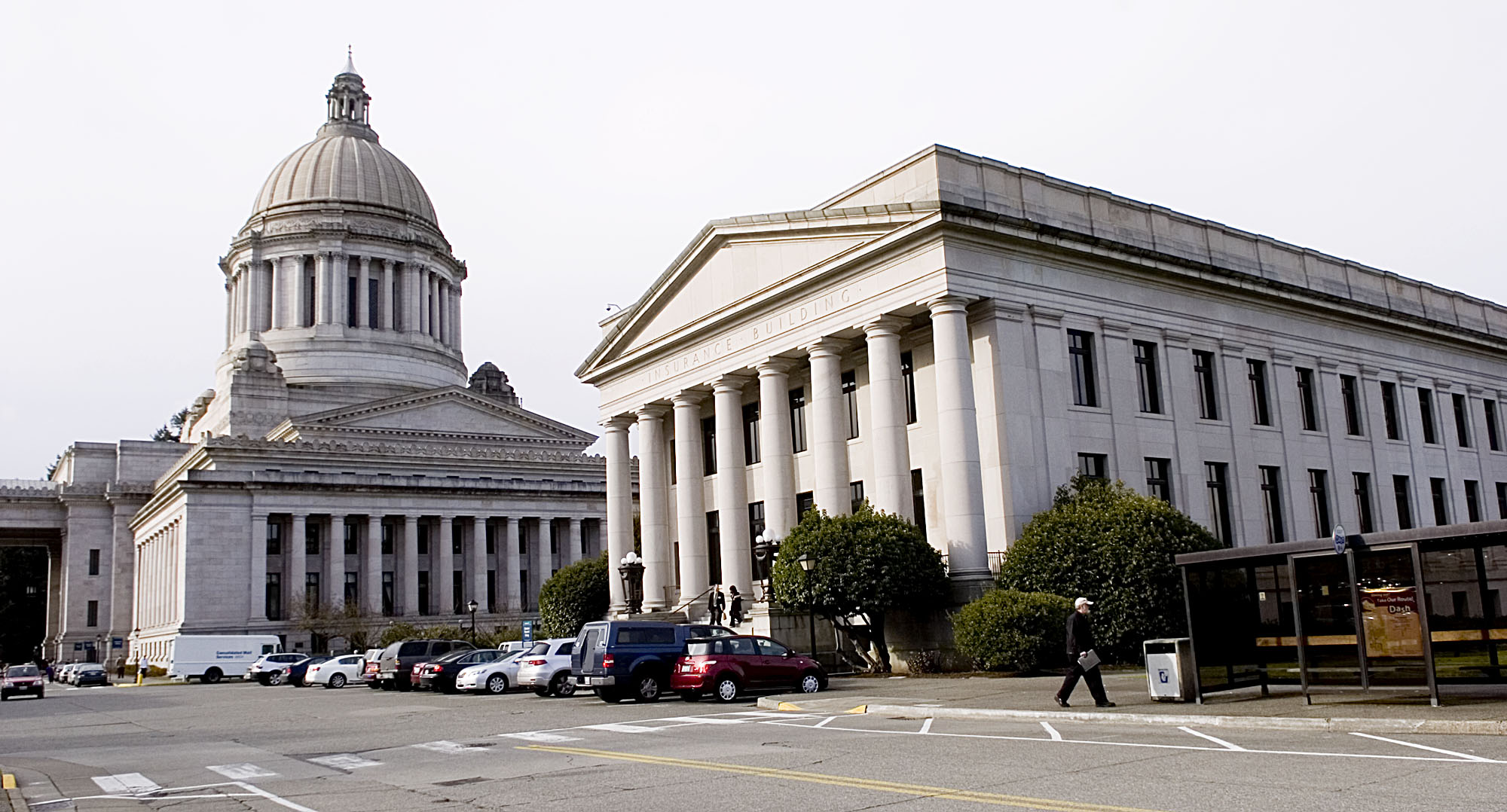SEATTLE — The Legislature had the right to eliminate state employee pension increases that were approved during the stock market boom of the 1990s, the Washington Supreme Court said unanimously Thursday in two decisions that save the state billions of dollars but leave many public employees feeling cheated.
In twin rulings on identical legal issues, the court found that lawmakers were within their rights in 2007 when they repealed a “gain-sharing” benefit that paid employees more when investment returns on pension trust funds exceeded expectations, and in 2011 when they repealed automatic cost-of-living adjustments for certain retirees.
In each case, the Legislature had reserved the right to eliminate the benefits in the future, the court said. Both decisions reversed lower-court rulings.
“I don’t think having to take away these benefits was something anyone enjoyed,” said Sen. Barbara Bailey, an Oak Harbor Republican who chairs the Legislature’s Select Committee on Pension Policy. “But had we not done this, or had it not been upheld, the cost to the state would have been in the billions.”
Public-sector unions and others who sought to maintain the benefits did not dispute their cost. But, they argued, the state had dangled the promise of the pension enhancements in the late ’90s when officials persuaded tens of thousands of workers to give up their costly defined-benefit retirement plans for cheaper plans. The cheaper plans reduced the defined benefits by half while adding a mix of defined contributions and gain-sharing, which occurred when investment returns exceeded 10 percent for four straight years.
James Oswald, a Seattle lawyer who represented state ferry worker Cheryl Costello and others who sued over the repeal of the gain-sharing benefit, said that when the state Department of Retirement Systems provided written material encouraging workers to give up their more expensive plans, it never informed them the gain-sharing benefit could be repealed. The workers could not have known unless they had parsed the fine print of the statute that created the benefit, he said.
“Tens of thousands of employees gave up their benefits based on representations about what they’d receive,” Oswald said. “They were never told that these benefits could be repealed, and that’s very troubling to me. That’s the kind of bait-and-switch the court would never permit a private employer to do.”
The state conceded it never explicitly told the workers the benefit could be repealed. But the court said the provided materials could not be read as promising the benefit would exist forever.
Furthermore, the materials contained the caveat that the “actual rules governing your benefits are contained in state retirement laws. … If there are any conflicts between what is written in this handbook and what is contained in the law, the applicable law will govern.”
“The gain-sharing statute explicitly stated that gain sharing may be repealed in the future,” Chief Justice Barbara Madsen wrote for the court.
Bailey said paying for the benefits when times are good make it tougher for the pension trust funds to weather economic downturns.
“That was the principle that was ignored when gain-sharing was first brought to the Legislature,” she said. “Everybody was excited that the investments were doing well. It was one of those things that probably shouldn’t have been done at all.”
The Washington Education Association, which sued along with several of its members, said the rulings were especially hard on lower-paid bus drivers, cafeteria workers and custodians, but the pension cuts also make it tougher to keep good teachers in the classroom.
State Attorney General Bob Ferguson said Washington has already paid the extra benefits that accrued before the repeals. If the lower court rulings in favor of the employees had been allowed to stand, he said, it could have cost the state more than $10 billion over the next 25 years.
“Today’s decisions preserve the rights of public employees to receive the basic pension benefits the Legislature has promised, but make clear that the Legislature has the flexibility to add temporary benefits without being locked into providing them forever,” he said in a news release.
Rep. Ross Hunter, a Democrat from Medina who is the House’s key budget writer, said that if the state lost, it would have complicated what is already expected to be a challenging budget-writing legislative session next year.
The cost-of-living adjustment at issue was approved in 1995. It provided for 3 percent annual increases in retirees’ monthly retirement payments.



